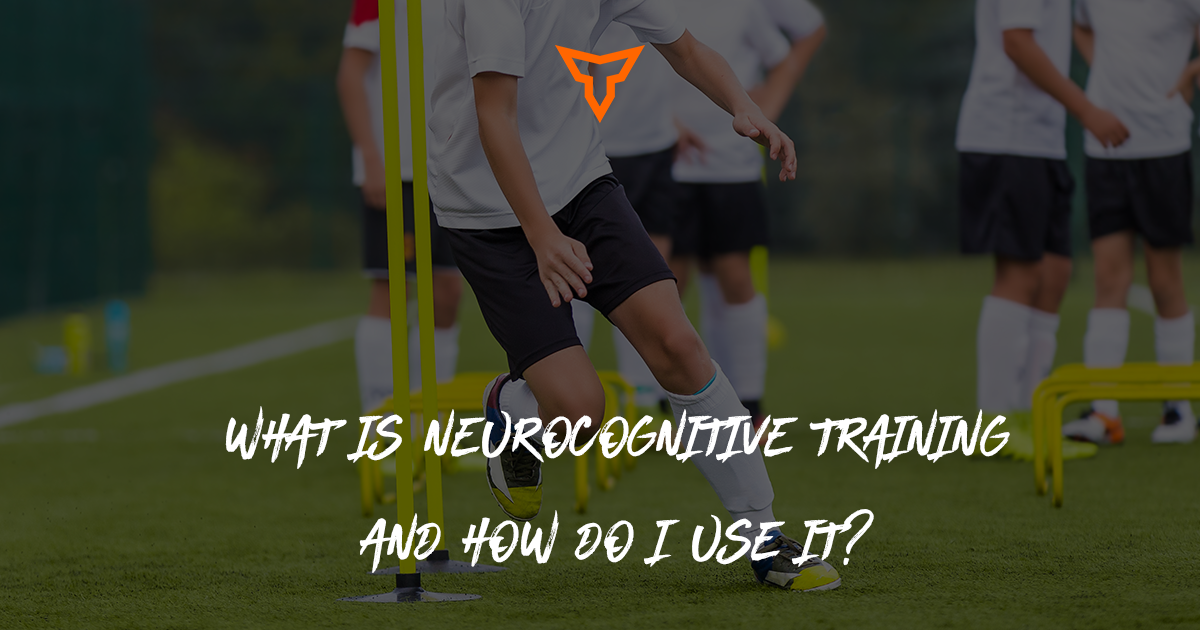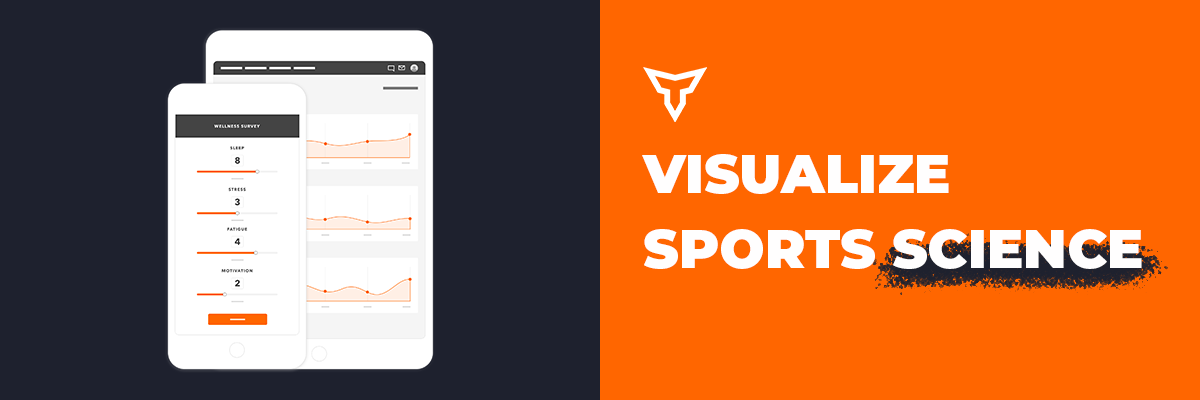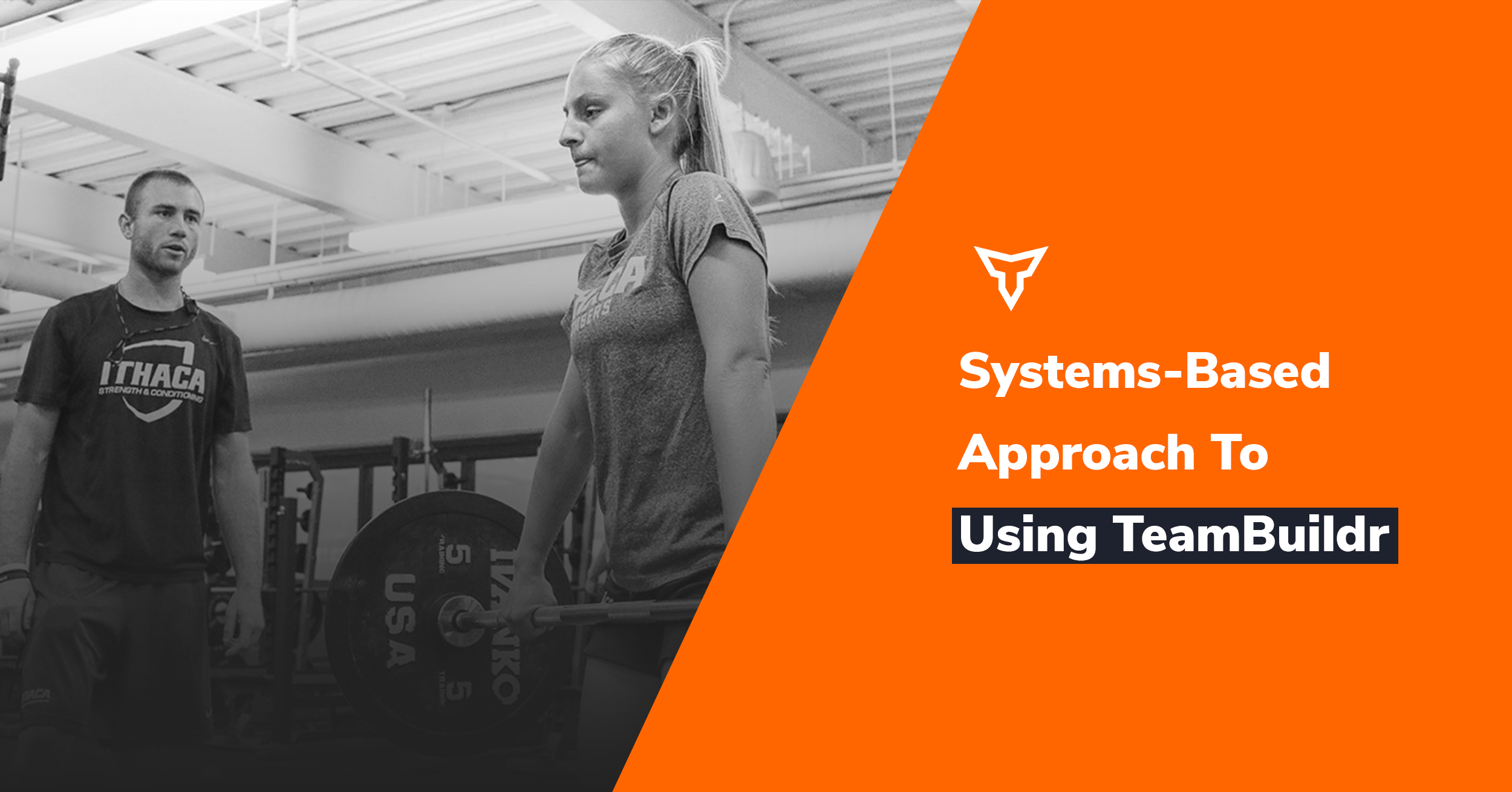Helpful Tips For Getting Teen Athletes to Sleep
I’m a father of two. Both boys, 2 and 4-years old. If this article was about how to help toddlers get their sleep, it would be a blank page because I’m stumped on that. If you know how, please let me know.
But luckily, it’s about how to get teenage athletes to get better sleep, which is something that I’ve actually been wildly successful at compared to my own children. As a strength coach in the private sector, our smaller athlete-to-coach ratio allows us to dig a little bit deeper into an athlete’s life outside of the gym. A major part of that process includes the recovery from their training, which is the 23 hours of the day you’re NOT in the gym.
Things like nutrition, recovery tools and supplements are a part of the equation for sure, but the number one influencer on a teen’s recovery is probably going to be sleep.
Unfortunately, sleep is not something most people value in the manner that they should. This is especially true when it comes to teens today.
I know for a fact, when I was 16 you couldn’t convince me, I wasn’t invincible. I could eat McDonald’s breakfast on the way to a basketball tournament, eat a Subway footlong for dinner after 4 games in a day, stay up until 3AM with my teammates and then wake up and do it all again the next day. AND WIN!
Those days are long gone. Those days are numbered for teenage athletes, and the faster us coaches tell them what’s waiting on the other side of those days, the better it will be for the athlete both immediately and long term.
It can all start with sleep.
Benefits of Sleep
I feel like the #TeamBuildrNation is way too smart for me to sit here and ramble about the obvious importance of sleep for teenage athletes. You guys are leaders in the field and know this by now. Sleep is an enormous performance enhancer. To keep things simple and fast, here’s a just simple refresher.
Sleep can:
- Reduce stress
- Reduce inflammation
- Improve mental alertness
- Aid in weight loss
- Reduce chances of depression
- Regular blood pressure
- Improve skin health
- Boost recovery from training
- Reduce risk of cardiovascular disease
- Boost immune system
Of course, the list goes on and on. Sleep is literally the foundation of how we rest, recover, repair and regenerate for every new day we wake up for. Optimize sleep, and your chances of optimizing other aspects of your life go up drastically.
Deeper Thinking, Deeper Sleep
Since, that was just a refresher, we can take a little bit of a deeper and think about some of the things that qualify sleep as “good.”
Two things you can ask yourself or your athletes are:
- How long did you sleep?
- How restful was your sleep?
In other words, did you sleep well and for how long? 9 hours of sleep sounds ideal, but if you woke up every hour, then I would not classify that as a good night’s sleep.
On the flipside, if you sleep like a rock for 7 hours with no interruptions then maybe that’s a better sleep. Despite being “shorter” it was still a good length and higher quality than the latter.
Other aspects of “good” sleep include:
- Posture or Body Position
- Pillow and Mattress quality
- Room temperature and air quality
These are all individual preferences, but could alter some of the bigger things in question like length or quality.
For example, a doctor may tell you that stomach sleeping puts undue stress on your spine. Well, what if an athlete can ONLY fall asleep on their stomach? What if stomach sleeping gets them 8-10 hours of quality sleep? What is the trade off here? Just something to think about…
Beyond length and restfulness, I think athletes can leave themselves wiggle room for their personal preferences. After all, if it helps improve your sleep, it should pay positive dividends on the backend to whatever trade offs you may have made.
Challenges for Teens
Today, teens have an endless amount of distractions that could cause some concerns when it comes to sleep quality. Between television shows, TV-based apps like Netflix or Hulu, social media platforms such as Twitter, Instagram and TikTok… there is so much going on right at their fingertips. That’s some serious FOMO. It’s tough to put down your phone at 9PM and potentially miss out on viral memes or inside jokes with your friends. I totally get it.
Aside from those “entertainment” distractions, we still have to think about the demands of a student-athlete in today’s society. Even in high school, you might see this:
- 6 AM - Shootaround or Lift
- 8 AM to 3 PM - School
- 3:30 PM to 5:30 PM - Practice
- 5:30 PM to 10 PM - Work, Homework, Tutoring, Private Training, Social Events, etc.
In a perfect world, the kid who gets home at 9 or 10 PM doesn’t watch their favorite Netflix series until midnight before going to bed. But, honestly, they probably will.
You can see how easily that will turn into a cycle of poor sleep. But at the same time, you can see how a teen really needs that social time with their friends. Or that extra time for homework. Or that job so they can help support their family.
It’s a very fine line to walk when it comes to helping kids find ways to sleep without stripping them of their high school experience. A socially unhappy kid is equally as bad as a kid with bad sleep. A kid who trains so hard they start to deeply hate the sport is just as bad as a kid with bad sleep.
The key is to equip young athletes with the tools and try to help them find ways they can use those tools in their own unique way. To give anyone a “best” way to do anything, especially sleep, is usually not going to end well. To give people tools and principles to use at their own discretion is going to probably get a much better end result.
Tips For Teen Sleeping
Education Sets the Foundation
As a coach, you can do a huge service to athletes by educating them on what they may not know about sleep.
For us, it may seem like second nature to spew off all the benefits, but it may be new info for the younger athlete. That education can set the foundation for some of the other things we may try to enhance sleep.
If they know and believe in what sleep can do for them and their health, they’ll be much more likely to listen to further advice. And, of course, having great relationships with the athlete also will help in this process due to the trust and buy-in that is already in place.
Create a Schedule
Secondly, you can help athletes set themselves up on a schedule. This would involve the athlete looking at their week-at-glance. When do they have practices, work, tutoring, training or any other events that may take up space on their schedule after school?
Too many young athlete’s live one day at a time or even one hour at a time, rather than organizing their weekly routine and working on a schedule. Proactive and organized young adults make productive and well-rounded adults in the workplace after sports or even in their sports career beyond high school.
By setting up this schedule, athletes can start to develop a structure around their life. It doesn’t need to be strict and rigid to the point where they have no freedom, but simply provide a blueprint for success. It’s an upgrade from the days of having to call mom or dad every day because you forgot your shoes… or your practice gear… or your entire bag.
Athletes can not only plan around the mandatory events in their lives, but also allocate some time to have fun and even potentially stay up later than usual when it makes sense. Again, we’re not trying to force them into anything but just set up some guidelines that can leave a positive impact.
Try Not to Snooze
A goal that I give to all of our athletes is to never hit the snooze button. At its core, it’s simply showcasing discipline. Set an alarm for the time you need to wake up. When it goes off, wake up. If you are so undisciplined that you can’t handle that, I’m not so sure high-level sports are for you.
Hitting snooze, or even worse - setting multiple alarms to allow you to hit snooze, is literally building procrastination into your day. The first thing you do every day with this method is procrastinate. To me, that just isn’t setting yourself up for a great day.
Set the alarm, use the alarm. It’s the number one bang for your buck sleep tip that I can give.
Get Off Your Screens
Another pretty impactful tip for improved sleep is to try to limit screen time in the hour-or-so leading up to bedtime. Or, at the very least, set your devices to “night mode” to limit the amount of blue light you’re exposed to before bed.
Blue light exposure can highly limit melatonin secretion and interrupt your circadian rhythm, ultimately making it a little bit harder than it already is for a teen to get sleep.
Some tools that have helped our athletes are using the blue light reduction settings on screens and also putting devices on do-not-disturb mode to eliminate noisy distractions while trying to fall asleep.
Helping our athletes use any of these tips will expose them to better sleep, which will help them feel this difference. Once an athlete understands that difference and experiences it, I think they will start to fully realize how important sleep is.
Even if an athlete improves one night per week, that will help them start the process of maximizing sleep and wanting to get better. Just like any sport, it may take some practice and work to get “good” at sleeping. These tools and sleep tips for teens will hopefully help our young athletes find simple and effective ways to empower themselves to get better at sleep.
Subscribe to our blog
Subscribe to receive the latest blog posts to your inbox every week.
Related posts
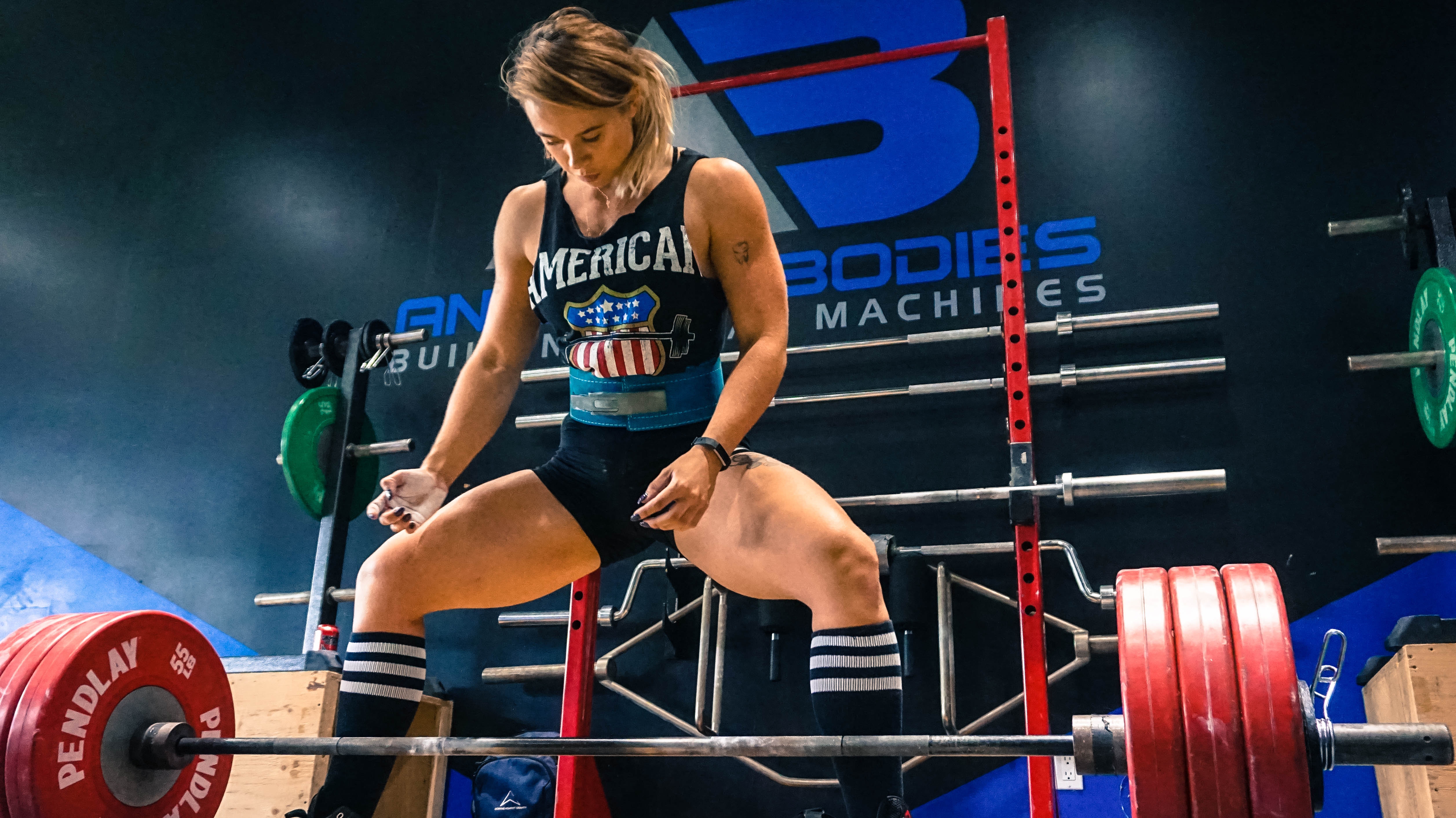
3 Best Deadlift Variations For Athletes With Back Pain
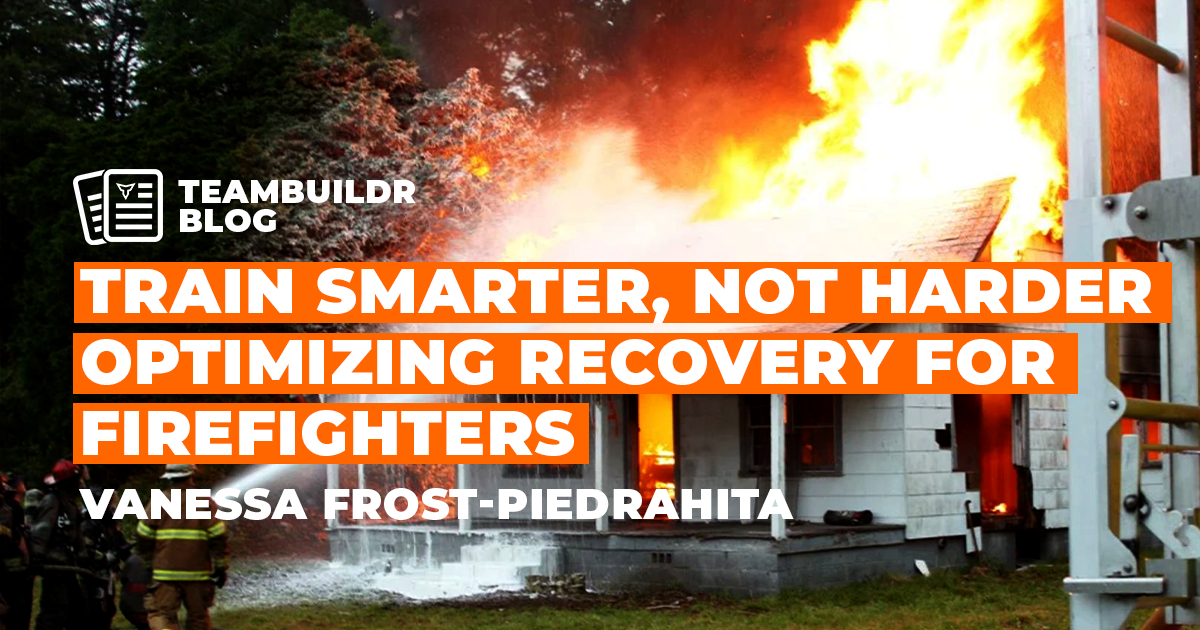
Train Smarter: Optimizing Recovery for Firefighters
